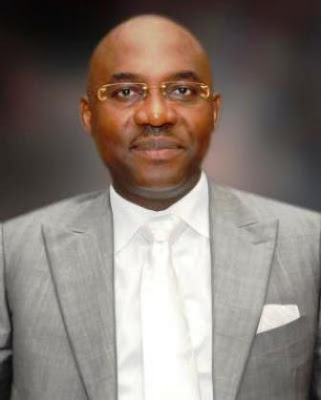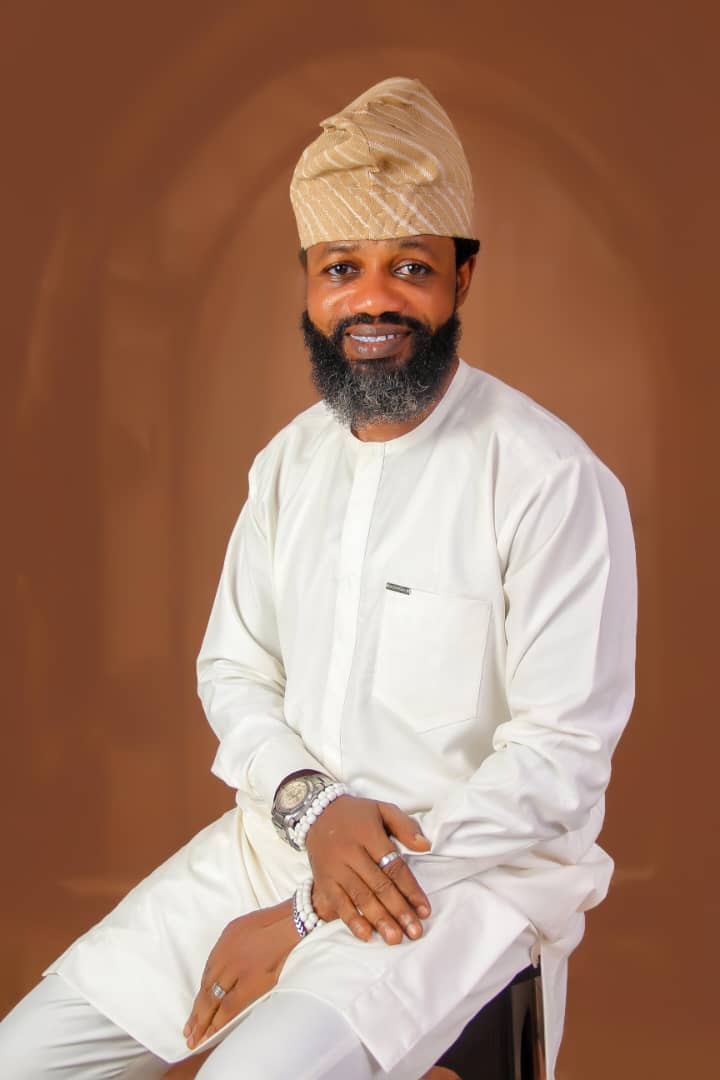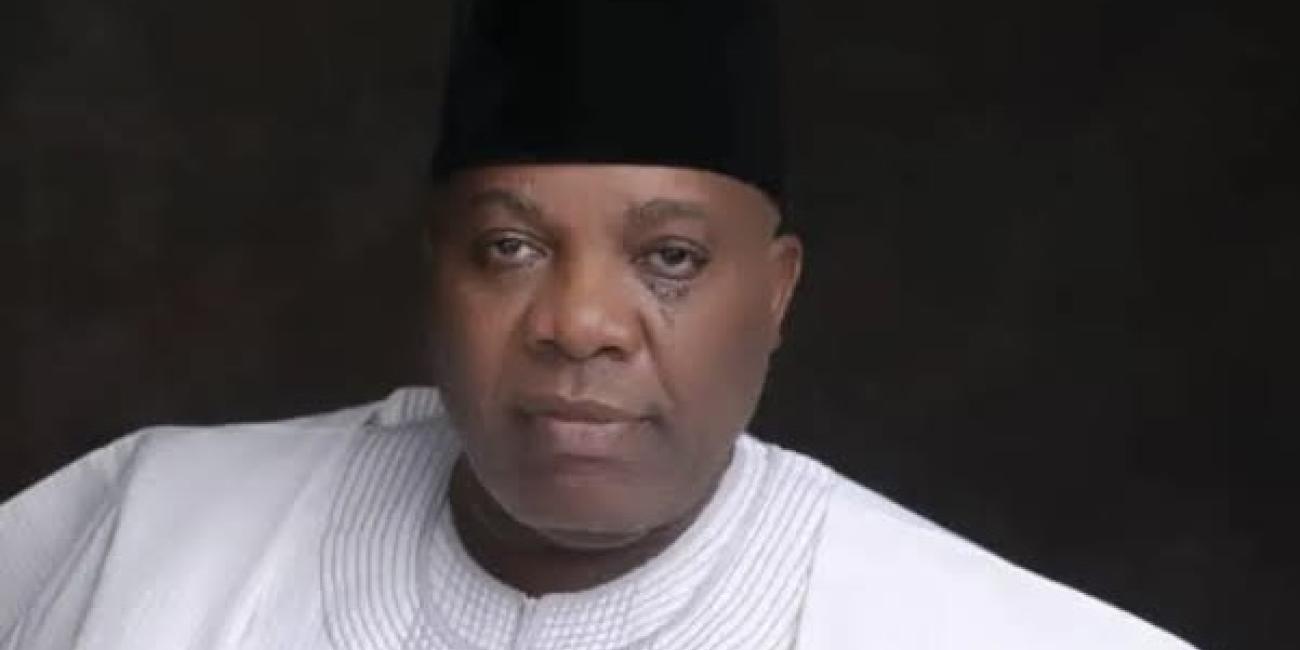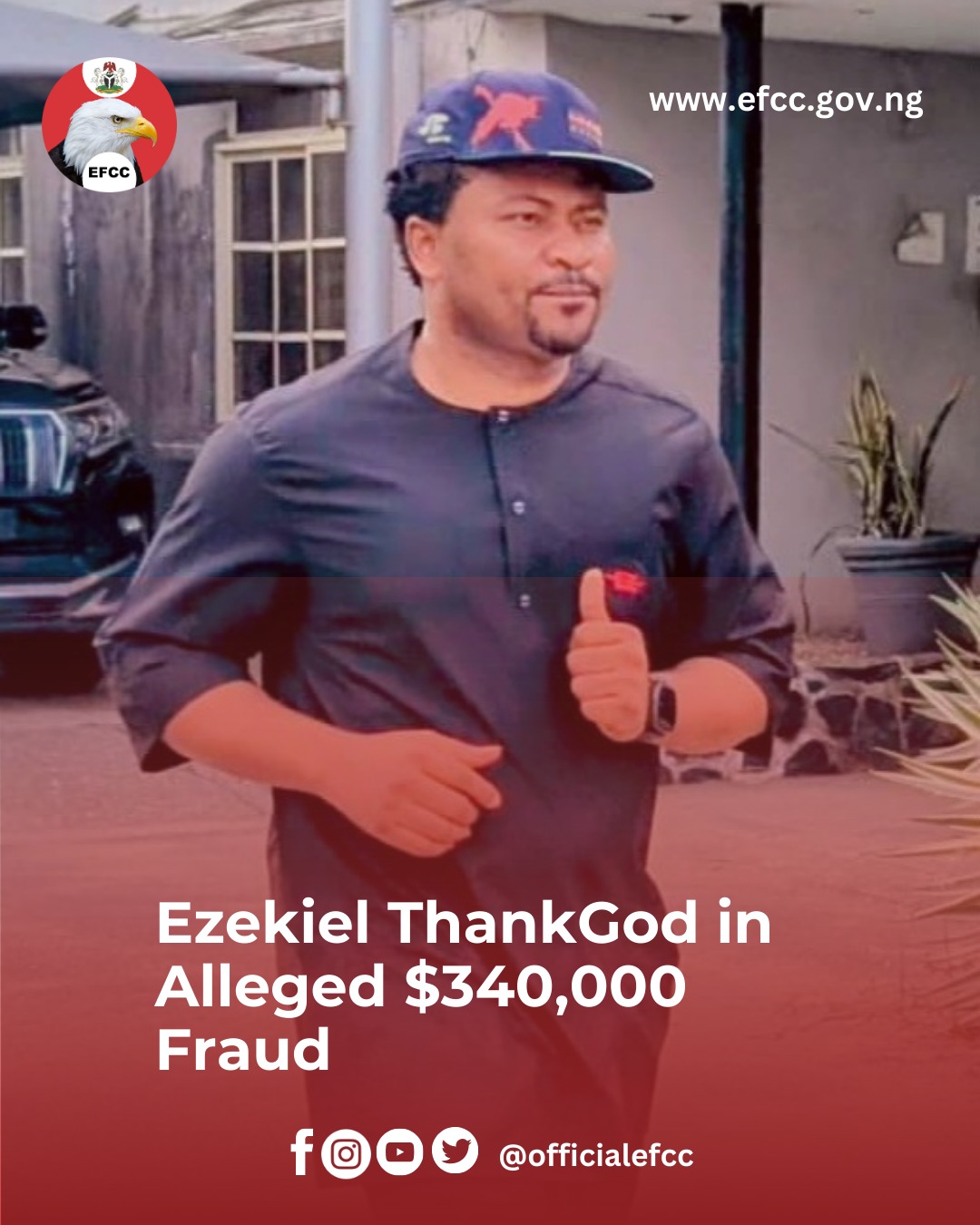It’s no longer speculation; this is to confirm that, God willing, I shall assume duties in the coming days as the Senior Technical Assistant (Media) to President Muhammadu Buhari.
In media circles, they call me “Capacity” or “Unbreakable” because, I guess, I don’t fit into regular category. Truly, my clothiers, Goddy Mekwene (Vivid Imagination) and Benny Obaze (Bevista), often tease that nothing fits my “troublesome coconut head” but an “extra, extra large” cap.
So, when the Vice President and widely acclaimed man of God, Professor Yemi Osinbajo, began to explain my portfolio as “technical” last week, I knew an entirely new classification has to be made again for the “Lagos boy” from “Odiguetue” (in Edo State) under circumstances that could only have been divinely dictated.
To become Edo Information Commissioner in 2011, Comrade Adam Oshiomhole broke the rules. Comrade Osagie Obayuwana started off as the Attorney-General and Commissioner of Justice in 2008. His community is a stone’s throw from mine. So, with my first outing in July 2011, it was the first time in Nigeria’s political history that two state commissioners would come from the same ward (Ward 7 of Ovia North-East, Edo State).
Following reports last week of my appointment as the Senior Technical Assistant on Media to the President, naturally, I was inundated with calls and messages from friends, associates and wellwishers. While those expressing goodwill are appreciated, I took particular note of the apprehension expressed by a good many others as to whether I had fallen for the temptation of accepting to trade the liberty of a writer for the comforting invitation to “come and eat” in Abuja.
Well, such concerns are legitimate.
On a jovial note, let me say that I am intimately close to my professional colleagues and forerunners at the Presidency – Femi Adesina, Garba Shehu, Laolu Akande and Senator Femi Ojudu – to attest that they have not been “chopping” anything well above what their illustrious careers in journalism spanning decades had not already afforded them long before accepting to serve President Buhari in 2015.
But those who ever entertained such worries could not truly be counted among those who know me intimately or are aware of the testimonial from my first outing in Edo. Of course, during that four-year adventure, I gave the job my best shot. With bare hands, we confronted PDP’s ruthless godfathers all the way, never afraid of any fight, emboldened by nothing more than a steely conviction in the justness of our cause, narrowly escaping assassination on April 29, 2012, until Hurricane Buhari, propelled by people’s power, not only swept PDP from the ATM they had reduced Abuja into but also dislodged their now vegetating lords from the makeshift political “oxygen mask” on March 28, 2015.
For me, it is another challenge to make a difference in the service of our fatherland. We cannot keep whining about decline in leadership from afar and yet be unwilling to show how things can be done differently. In a democratic environment, it is only by deploying the force of idea in the contestation of what option to pursue in policy conception, formulation and execution that we can hope to make sustainable change possible in our fatherland. We can disagree without being disagreeable. All it requires for the public space to be hijacked completely by “thieves” is for the self-anointed “angels” to stay away and remain indifferent.
In my first outing in Edo, I had a clear idea of what my mission was as media professional with a social conscience: helping to manage information and strategic communication. So, the day after General Mohammadu Buhari was declared president-elect in April 2015, I had a surprise news for the then Edo governor. I told him that since we had succeeded in securing the homeland against the onslaught of the vicious PDP godfathers and that the progressive forces led by Buhari had routed PDP in Abuja, I believed my mission in Edo had been achieved, hence the need to move on.
One’s position in the last four years of engaging the public space through the agency of columnism has been that of critical solidarity with PMB. While opinions will naturally be divided on the President on the basis of partisanship, there are virtues of his that are never in dispute. Even the fiercest critics cannot deny his personal integrity, humility, forebearance, genuine compassion for the poor and the vulnerable, frugal taste, contempt for primitive acquisition and patriotism.
These are values I share also.
We have seen these lofty qualities on display at the many twists and turns of the Buhari trajectory in the last four decades across the national firmament. As we learnt from history, to gain public acceptance in 1983, the soldiers of fortune had to name Buhari head of the coup that buried the second republic. Later, the good soldier from Daura would not bend his high principle of incorruptibility. Till the end, he refused to compromise his values in exchange for the security of office, and was more than willing to let go the summer night they finally came for him.
Through PMB’s force of personal example in the past four years, we have seen money increasingly losing its power in political contest. That is not to say perfection has been attained. Let it be recognized that it is not everything that grows in the orchard that was planted by the diligent gardener; weeds are inevitable.
As a testimony, not a few media managers will agree that the 2019 presidential election was the cheapest in the nation’s history. Just one indicator: media advertising was generally very low. PMB’s parsimony meant a breather too for the opposition as no one came under pressure to auction their property to match the financial firepower of the ruling party, unlike in the past when anyone with access to CBN would simply outmuscle others with Naira. In most places, APC had to rely on Buhari’s charisma to sell.
With such prudence, the leader invariably inspires a culture that ensures the nation’s scarce resources are utilized only for things that benefit the people more.
Unlike what happened in 2014/2015, Buhari would not have approved the $2.1b meant to buy arms to fight Boko Haram be shared like candy to the ruling party’s fat cats and obese rats, thus not only denying our long-suffering troops a fighting chance against the worse adversary the nation has ever known, but also endangering the very basis of our national existence.
Again, one cannot have any moral difficulty serving Professor Osinbajo. Through deeds more than words, he has continued to demonstrate what is possible when high integrity is matched with matchless intellect in the pursuit of common good for the society.
The scripture forever teaches us that the people rejoice when the righteous are in authority. For a nation whose values had been debased over the years by a succession of political pimps, where conmen have been misnamed as heroes, cant canonized as substance, where people seem too eager to spend what they don’t earn, this very loyal Vice President offers some hope that the paradise lost can indeed still be regained and national pride restored.
Of course, there is no way I can tell the story of my first transition from the newsroom to public office without acknowledging Asiwaju Bola Tinubu. He, it was, that prevailed on me in 2011 to take up the offer from Edo, counseling that, if nothing at all, it would offer me an experience I could never learn in the university about not just realpolitik but also feel the true pulse of the national condition, thus equipping me to write better in future.
There are great lessons to be learnt from Jagaban as well. The story of the Tinubu evolution is undoubtedly a profile in consistency and uncommon courage in the defence of a conviction. A true test of a man’s character is taken not in the time of convenience, but by the choices he makes under great temptations in adversity.
When easy compromise was profitable and switching political camp was most glamorous, Tinubu preferred to endure the loneliness of opposition and, with uncommon equanimity, bore the vicious onslaught of rampaging PDP for more than a decade as a key opposition leader.
While latter-day revisionists are quick to attack him more out of envy of the influence he presently wields in the polity, only a few are charitable enough to also acknowledge his self-sacrifice in the popular struggle for democracy against military despotism in the 90s.
Without any strong hope of surviving Abacha’s ubiquitous hitmen even while on exile abroad, much less the faintest chance of ever returning home to vie for Lagos governorship in 1999, Asiwaju would give up all his life savings to bankroll NADECO. As Colonel Tony Nyiam (rtd) recently revealed, at some point, Tinubu started selling his property and putting the proceeds at the disposal of the struggle to restore democracy in Nigeria, while several others were seeking easy accommodation with Abacha at home to either secure their next meal ticket or for continued political relevance.
So, as I heed the call to serve at the national level, I am conscious of the burden of moral responsibility. With my eternal hero, Professor Wole Soyinka – from whose transcendental example we learn the values of integrity, justice, honour, courage and patriotism – already giving me his fatherly blessings, I proceed without fear. I didn’t accept the Edo offer in July 2011 without consulting him. His great counsel had echoed in my ears throughout the days I spent in Benin.
Back in my native Edo, the great Oba of Benin, Ewuare II, forever reminds us that, being products of an illustrious DNA, we have no choice but be men and women of character and courage. Nor can I afford to disappoint my friend and big brother, the “Wake and See” governor of Edo State, Godwin Noghehase Obaseki.
I already assure my three “big daddies” in Lagos and Akure – Prince Julius Adelusi-Adeluyi, Sir Joseph Arumemi-Ikhide and Pa Seinde Arogbofa; my spiritual mentor – Pastor Paul Adefarasin of House on the Rock; and God-sent “egbons” – Tunji Bello, Dele Alake, Professor Pat Utomi, Ex-Governor Ikedi Ohakim of Imo, Jimoh Ibrahim, OFR, and Oseni Elamah that I shall not depart from the values of integrity and patriotism they taught me.
Let me conclude by saying that I cherish the fraternity this forum fostered between readers and my humble self in the last four years. As I take up the gospel of the “Next Agenda” in the coming days, our conversation will continue, in fact more frequently.
God Bless you all.

 Society7 years ago
Society7 years ago
 Society4 years ago
Society4 years ago
 News and Report6 years ago
News and Report6 years ago
 News and Report7 years ago
News and Report7 years ago
 Society4 years ago
Society4 years ago
 News and Report6 years ago
News and Report6 years ago












